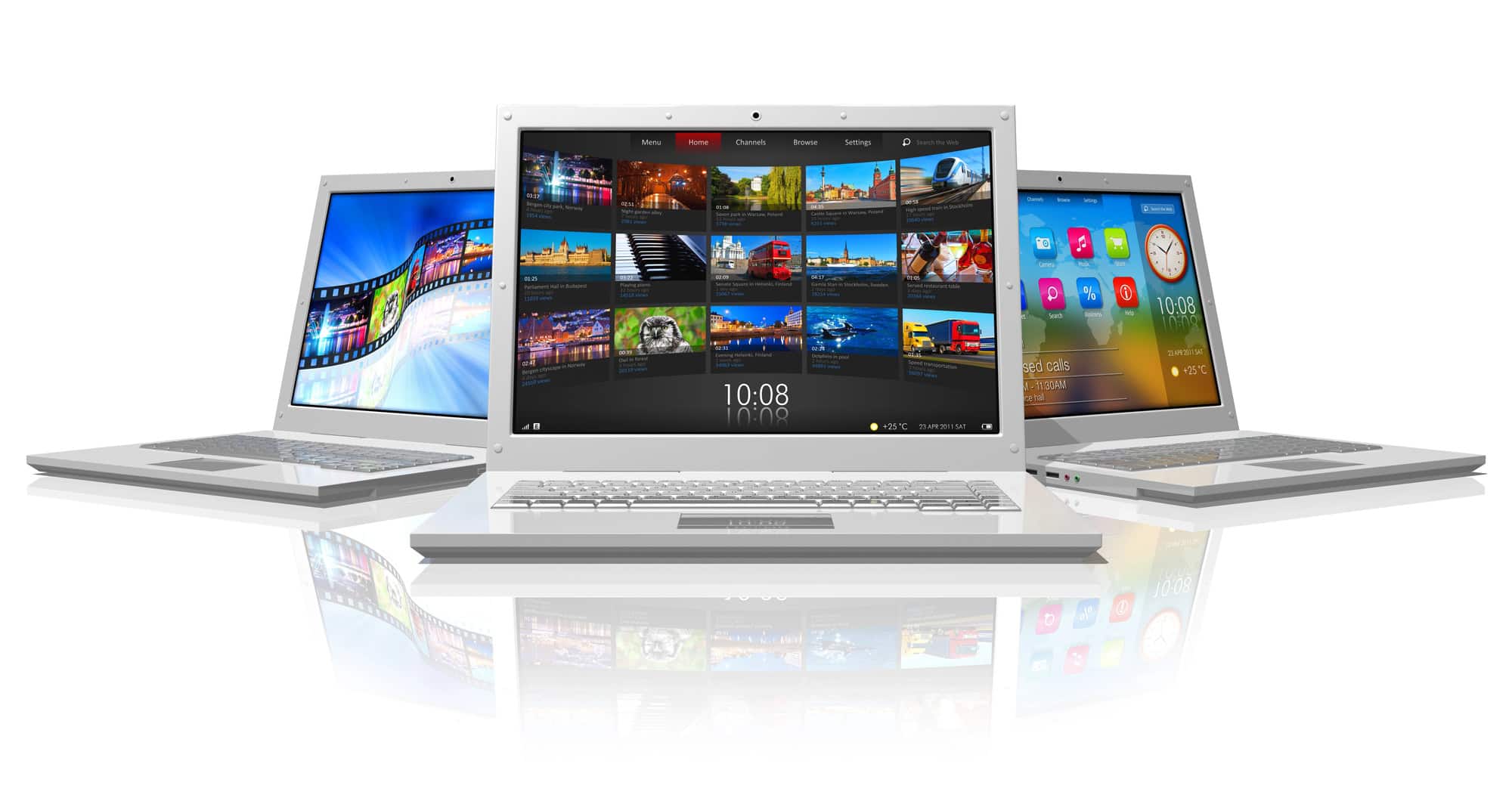In the ever-evolving landscape of operating systems, the debate between Windows, Linux, and macOS continues to spark passionate discussions. Let’s dive into a detailed analysis of each platform’s strengths and limitations.
Contents
Windows: The Mainstream Choice
Advantages
- Unmatched software compatibility, especially for business applications
- Extensive gaming support with DirectX and major game publishers
- Regular updates and strong manufacturer support
- Familiar interface that most users already know
- Wide range of hardware options at various price points
Disadvantages
- More vulnerable to malware and viruses
- System bloat can slow performance over time
- Privacy concerns with data collection
- Can be resource-intensive
- Paid licensing model
Linux: The Customizer’s Dream
Advantages
- Open-source and typically free
- Highly customizable with numerous distributions
- Superior security architecture
- Minimal system requirements
- Excellent for programming and development
- Strong command-line capabilities
- Active community support
Disadvantages
- Steeper learning curve for new users
- Limited compatibility with some commercial software
- Hardware driver issues can be challenging
- Gaming support, while improving, still lags behind Windows
- Fragmented ecosystem can be confusing for beginners
macOS: The Premium Experience
Advantages
- Polished, intuitive user interface
- Excellent integration with Apple ecosystem
- Strong security and privacy features
- High-quality built-in applications
- Superior creative software support
- Regular, free OS updates
Disadvantages
- Limited to Apple hardware, often at premium prices
- Less customization flexibility
- Gaming options more limited than Windows
- Repair and upgrade restrictions
- Higher total cost of ownership
Use Case Scenarios
Choose Windows If:
- You’re a gamer
- You need specific business software
- You want maximum hardware choice
- You’re working within a corporate environment
- Budget flexibility is important
Choose Linux If:
- You value privacy and security
- You enjoy customizing your system
- You’re a developer or programmer
- You want to revive older hardware
- You prefer open-source solutions
Choose macOS If:
- You’re in creative industries
- You value seamless ecosystem integration
- You prefer a “it just works” experience
- You’re willing to pay premium for quality
- You prioritize user experience over customization
Performance Considerations
Each system handles resources differently. Windows typically requires more system resources but offers broader compatibility. Linux can run efficiently on minimal hardware, making it ideal for older computers. macOS is optimized for specific hardware configurations, resulting in consistent performance on supported devices.
Security Landscape
Linux generally leads in security due to its open-source nature and lower market share making it a less attractive target. macOS benefits from Apple’s controlled ecosystem and strong security features. Windows, while continuously improving security, remains the primary target for malware due to its market dominance.
Development Environment
Linux shines for developers with its powerful command-line tools and programming support. macOS offers a Unix-based environment that many developers appreciate, plus exclusive iOS development capabilities. Windows has made significant strides with WSL (Windows Subsystem for Linux) and developer tools.
Future Outlook
The lines between these operating systems continue to blur. Windows embraces Linux through WSL, macOS transitions to ARM architecture, and Linux becomes more user-friendly. Cross-platform compatibility improves through web applications and containerization.
Conclusion
The “best” operating system depends entirely on your specific needs:
- Windows remains the jack-of-all-trades, master of compatibility
- Linux offers unmatched freedom and security
- macOS provides a premium, integrated experience
Consider your priorities in terms of software needs, hardware preferences, budget constraints, and technical expertise when making your choice. Many power users even opt to use multiple operating systems through dual-booting or virtualization to leverage the strengths of each platform.
Remember that the landscape continues to evolve, and what works best for you today might change as your needs and these systems develop. The key is choosing the tool that best fits your current requirements while keeping an eye on future needs.

